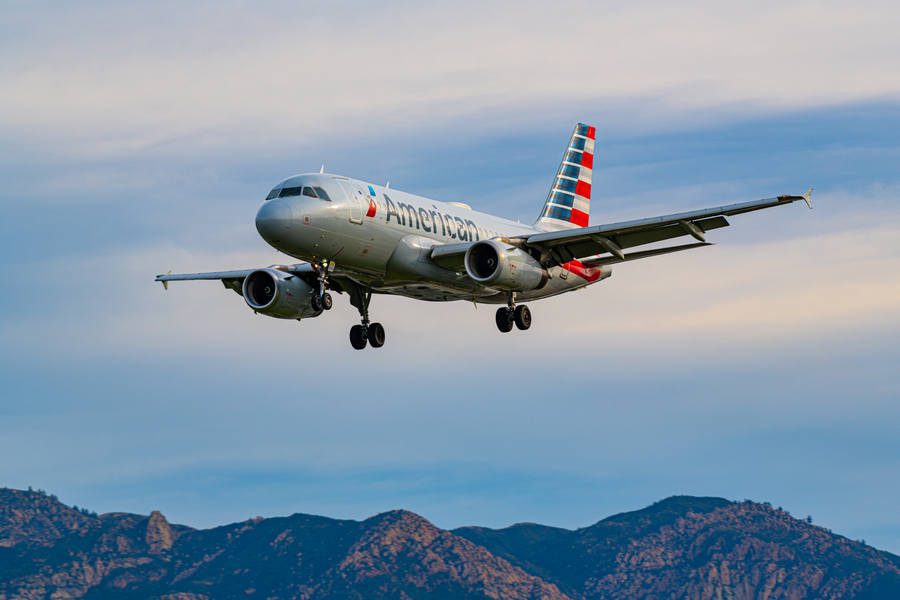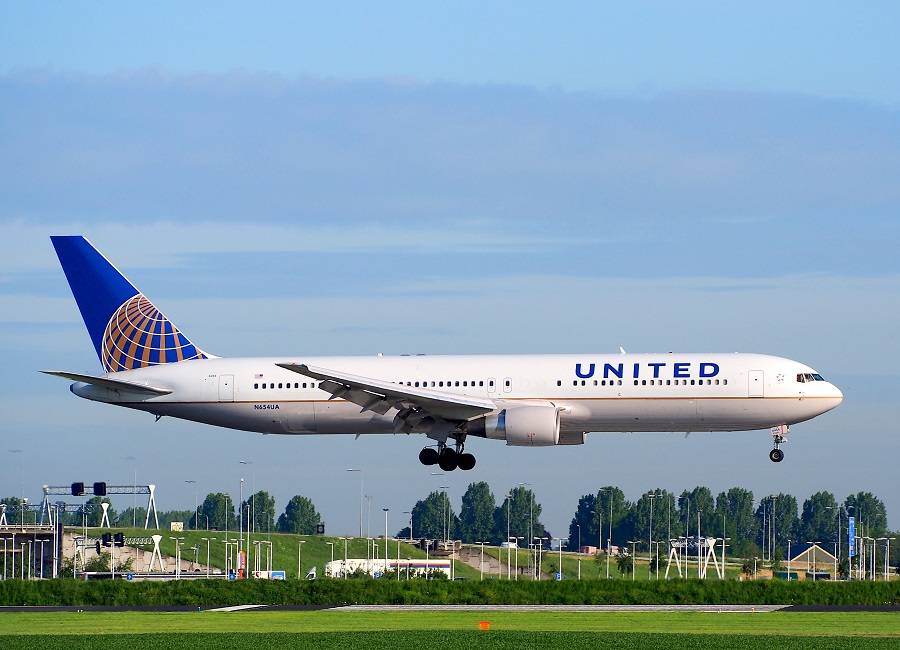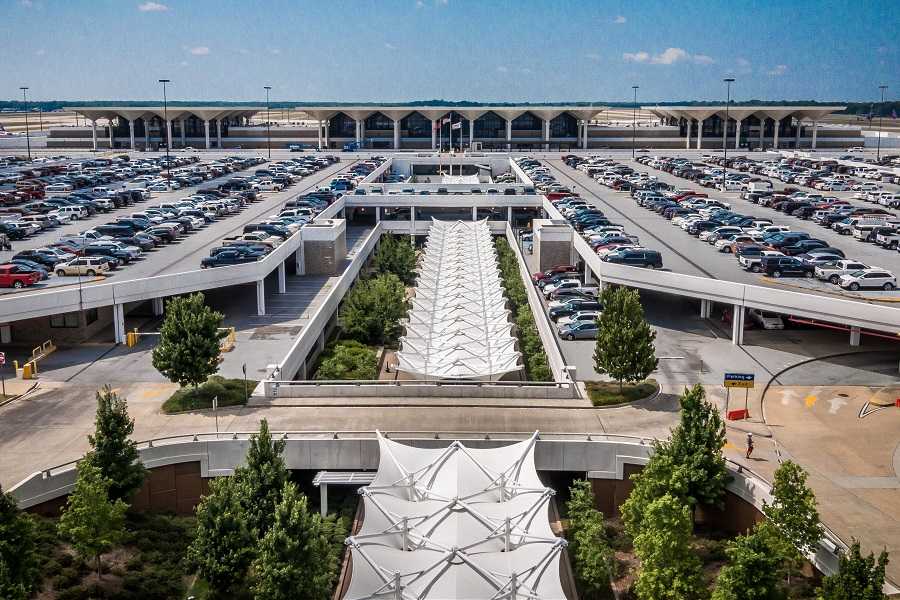Wireless carriers in the US agreed on a delay in the deployment of 5G for 2 weeks, during a standoff with aviation authorities and others.
This is an issue that has been brewing over the past few months. In all honesty, we had previously stayed away from it, because this is a matter that even technically-inclined people appear to struggle to understand. And while we didn’t suddenly become more technically inclined, we went ahead with it because it now appears that Verizon and AT&T have changed their position. Sort of.
The two telecom providers have agreed to delay the deployment of 5G networks in the United States for two weeks. Before this, the plan was to introduce 5G in the US on the 5th of January. But the FAA, many airlines and pilot and cabin crew unions have been asking for this delay. The aviation stakeholders want to study how to minimize the impact of 5G on flight operations.
US Telecoms, 5G And Radio Altimeters
More specifically, the concerns of US aviation stakeholders centre around the C-band spectrum’s proximity with that of GPWS. This stands for ‘Ground Proximity Warning System’. The system uses a radio altimeter, that measures the distance from the bottom of the aircraft, to the ground. All jets and other airliners have such systems. And it appears that these systems have been using the same radio frequencies, for decades.
The above has been a sticking point for some in aviation. As the incumbent user of the frequency, aviation shouldn’t have to make way to US 5G providers. But it’s not that simple. Verizon and AT&T argue that current margins between frequencies allow aviation and 5G to co-exist. We now have to see what changes might take place, over these two weeks.
Even before the announcement of this two-week launch delay for 5G, Verizon and AT&T made other concessions. They agreed not to deploy 5G around airports, for a further six months. This should give more time for evaluating the effects of 5G to nearby frequencies, including those of radio altimeters.

However, the two US wireless carriers rejected any further limitations in the use of the 5G C-band spectrum. And it appears that the size of this 5G-free zone around airports isn’t as big as what the FAA wanted. It will be interesting to see if the two sides change their position on this matter, over the next two weeks. Solving this problem by changing the frequency of radio altimeters in aircraft isn’t really an option. Such an industry-wide change could take a decade or more, to complete.





